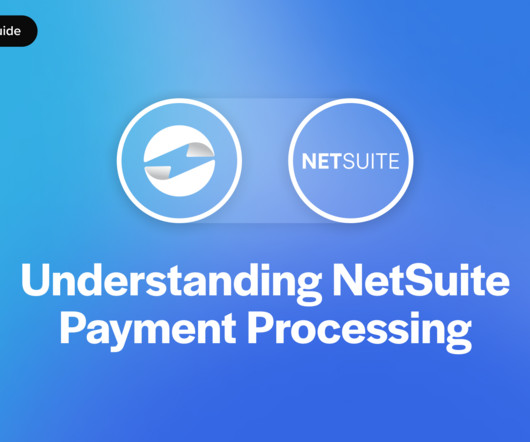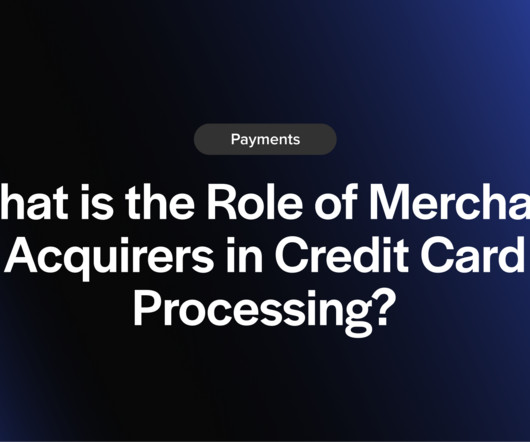How a PIN Works on Credit Cards and Debit Cards
Clearly Payments
OCTOBER 22, 2024
Understanding how this works will help you ensure your payment systems are functioning correctly. Card Presentation : The customer inserts or taps their card at the point-of-sale (POS) terminal , which may require PIN entry depending on the card type and transaction.













Let's personalize your content